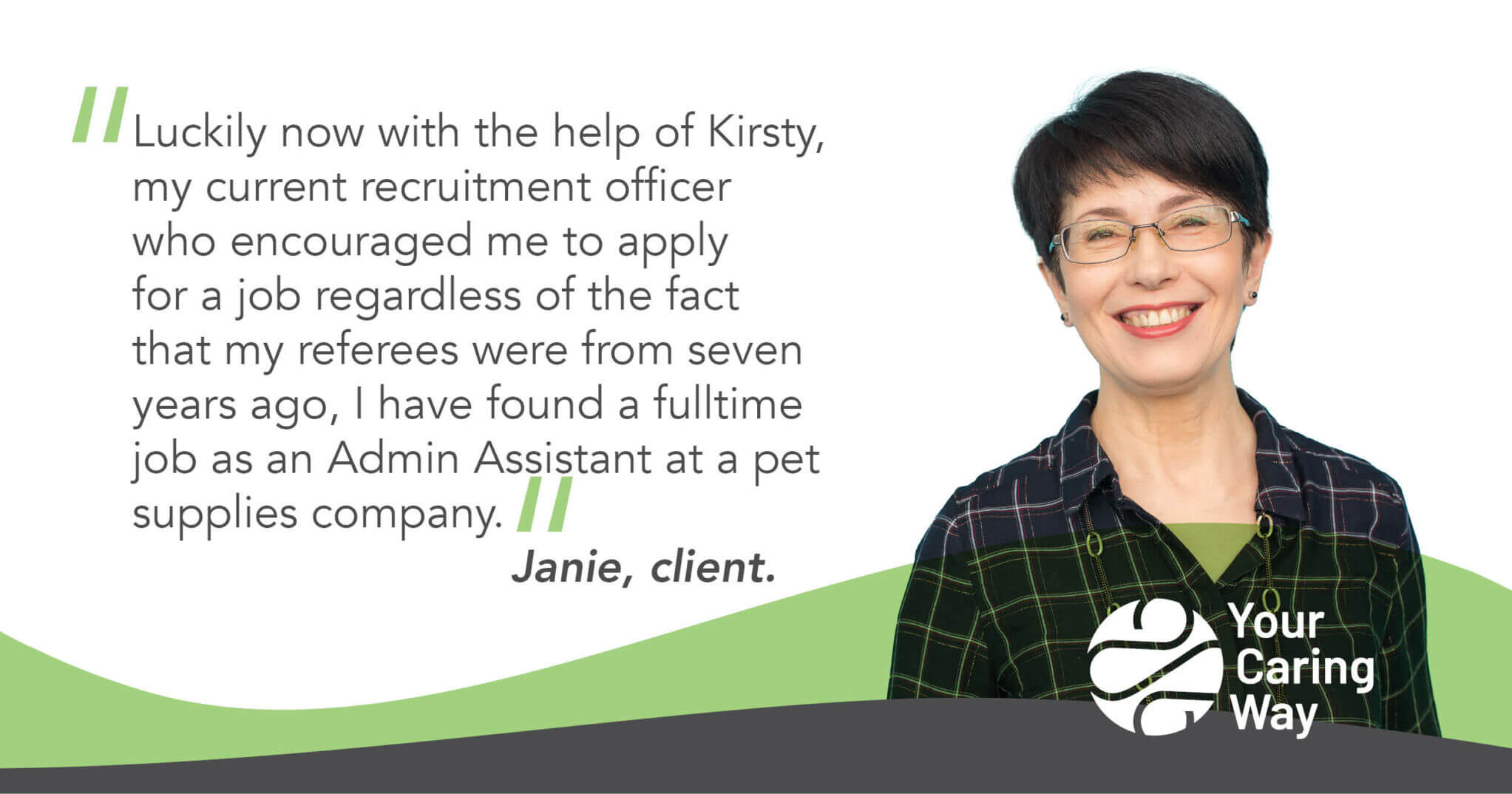For years you had clarity about your career path. You always knew what you wanted, and had a go at it.
In the blink of an eye, you shifted from that dream job to becoming a carer. Your journey is disrupted, everything has changed, and now you feel compelled to adapt and evolve with this transition.
Caring for someone presents unique challenges and obstacles to overcome. Fortunately, there is good news.
When supporting a family member or friend, you are actually gaining a whole new set of skills that can bring a greater sense of purpose to your life. That changes everything. Again.
And the journey begins
Studying while you care is not easy. However, determining what you want and where you want to go is a good way to start. You can do it on your own, but working with a Vocational Coach can certainly accelerate the process.
A Vocational Coach can see what’s beyond what you see in yourself. Your Caring Way’s Vocational Coach, John Larkin says his work is driven by one keyword: vocation, which means a career path.
“We work closely with people to assess their areas of strength and those where they may need some assistance, to allow them to get back into the workforce,” he said.
“We get to know you, ask questions and listen to you, as you share your story with us.”
“Your Caring Way specifically works with carers who have already indicated that they want to move out of caring into work, or keep caring and do some part-time work. Some want to look into volunteering or further studies.”
Your Caring Way has three Vocational Coaches. The team uses Workstar ™, an assessment tool specifically designed for use with adults out of work or returning to the workplace.
A Workstar assessment covers seven key outcome areas linked to employability and employment, including:
- Job skills and experience
- Aspiration and motivation
- Job-search skills
- Stability
- Basic skills
- Workplace and social skills
- Health and well-being
“We look realistically at where you’re at, and out of that assessment, we then set some goals or actions. It’s very structured,” John added.
“Then we undertake follow up visits. The timeframes between visits would vary for each person, depending on their actions.”
A Vocational Coach helps carers chart their own vocational course. They act as an accountability partner, challenging you to think in new and more resourceful ways, and mentoring you through your journey.
“Often people get stuck or feel they’re out of options. We help you get unstuck and move forward,” John said.
However, the results of the sessions depend on the effort that you devote to the process.
“Our Vocational Coaches focus on empowering carers with the knowledge and skills needed to make vocational choices and assist them in developing the confidence to move forward in their life,” he added.
“We understand that you are here because you are wanting to make a change.
“We can get you off and running until you achieve your goals, whether it’s training, volunteering or finding a job. We are with you all the way, to the end,” he said.
What a Vocational Coach can (or can’t do) for you
A vocational coach can:
- Listen to what you need, what you want to achieve
- Focus on finding new ways of thinking and acting
- Work with you to assess your strengths and opportunities
- Create a customised action plan to help you prepare for a new path in your life
- Empower you to do your best
A vocational coach can’t:
- Solve anything for you-they can help you with new tools for your success
- Financial/ budget planning
- Write your resume- you bring a draft and they will coach you to adjust it


